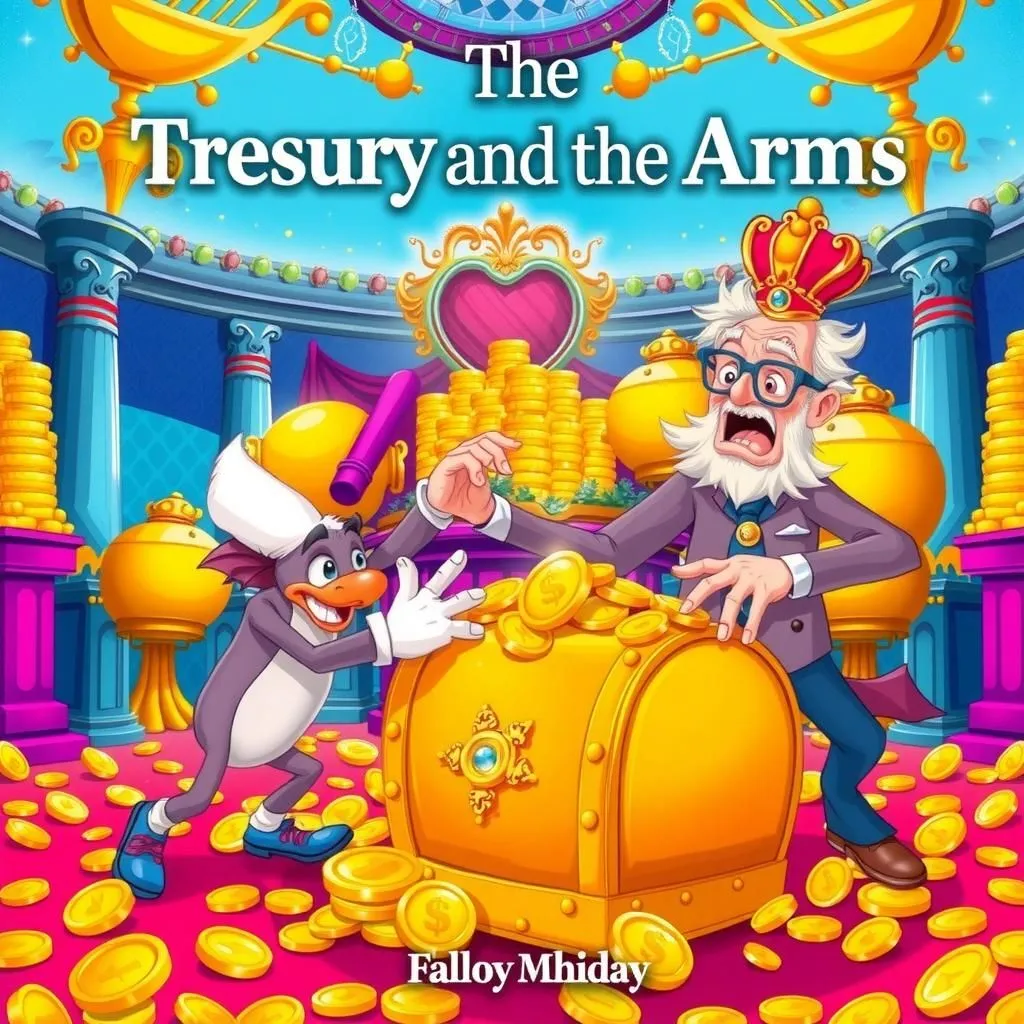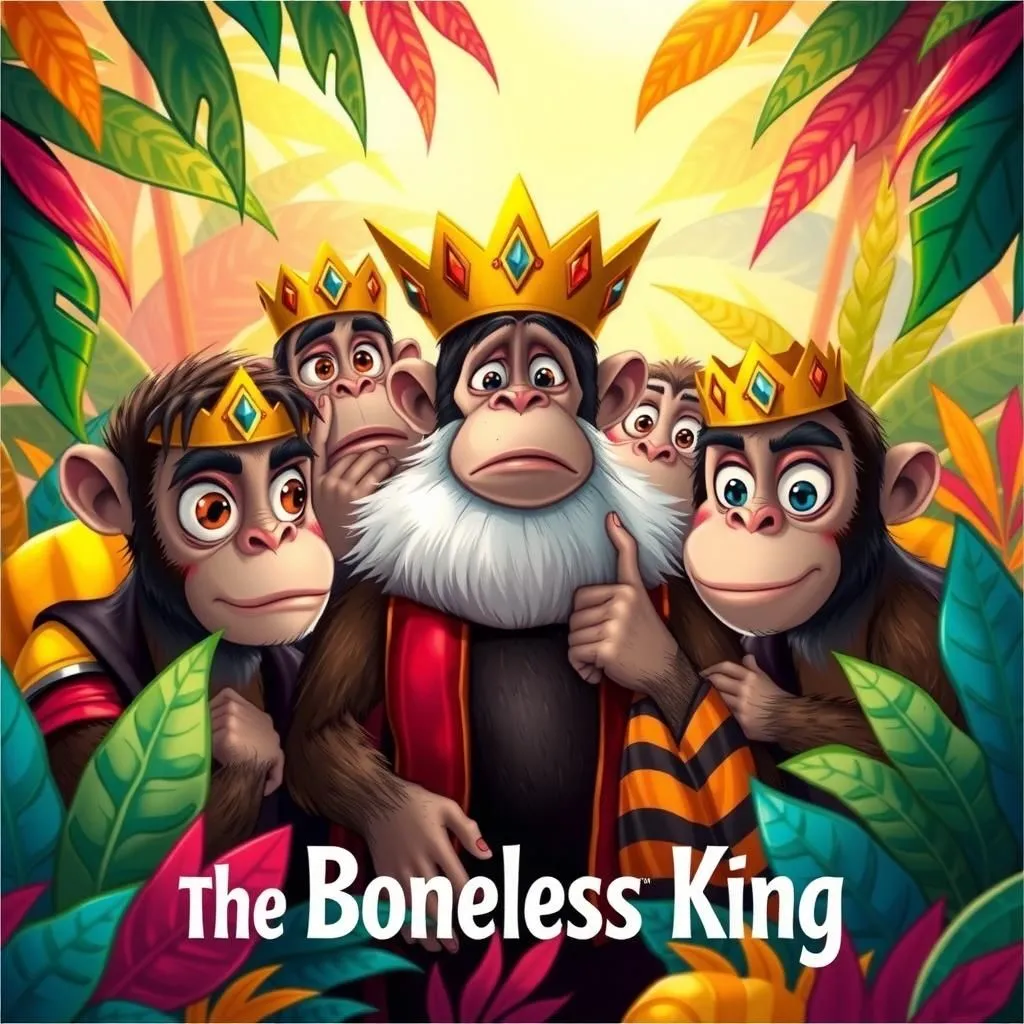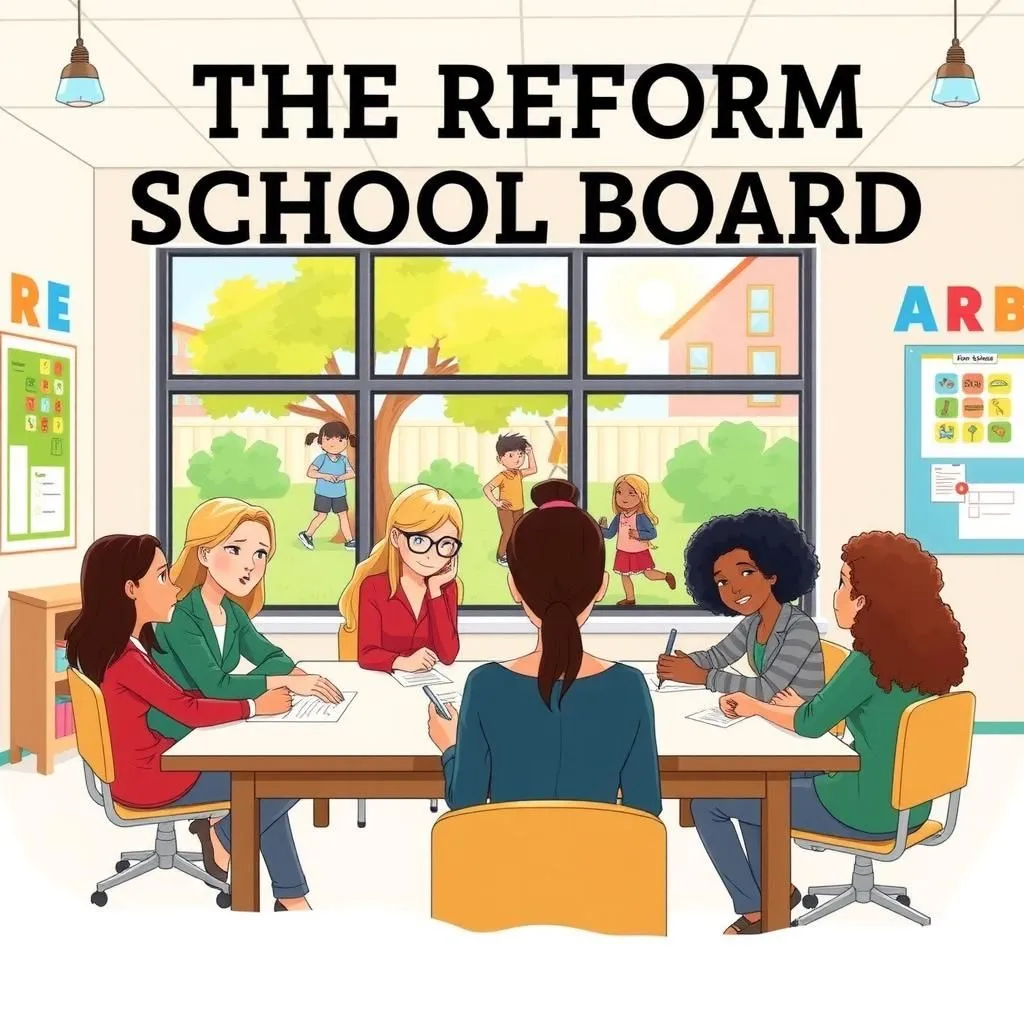
The Treasury and the Arms
In "The Treasury and the Arms," a Public Treasury, reminiscent of childhood stories with moral lessons, detects Two Arms attempting to pilfer its contents and calls for a division, invoking parliamentary procedures. The Two Arms, recognizing the Treasury's grasp of legislative language, underscore the tension between governance and appropriation, echoing themes found in short moral stories with pictures that teach valuable lessons about integrity and responsibility.


